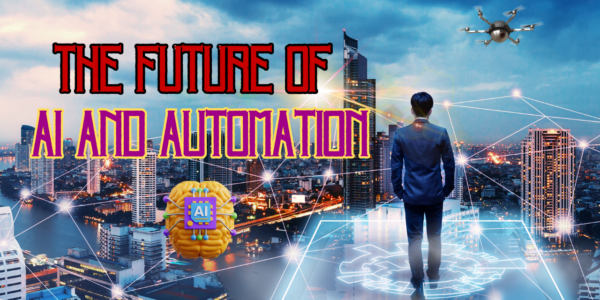Robot-human interaction is a dynamic field of research that explores the development and improvement of interactions between humans and robots. As technology advances, the integration of robots into various aspects of human life becomes increasingly prevalent, necessitating a deeper understanding of how humans and robots can effectively collaborate.
One key focus of research in this area is the design of intuitive and natural interfaces that facilitate seamless communication between humans and robots. This involves developing systems that allow for gestures, speech recognition, and even emotional cues, enabling robots to comprehend and respond to human input in a manner that feels instinctive and effortless. Researchers are working on refining these interfaces to enhance user experience and make interactions with robots more user-friendly.
Another crucial aspect of robot-human interaction research is the study of social cues and behaviors. Human-robot relationships often involve complex social dynamics, and researchers are exploring ways to make robots more socially aware and adaptable. This includes the ability to interpret non-verbal cues, understand cultural nuances, and respond appropriately in various social situations. The aim is to create robots that can seamlessly integrate into human environments, whether in the workplace, healthcare settings, or domestic spaces.
Ethical questions
Of course, it would be more accurate to say that researchers are working to develop robots that appear to be more socially aware and adaptable. They appear to interpret non-verbal cues, understand cultural nuances, and respond appropriately in various social situations. Just at ChatGPT appears to think about things and write about them, but actually just uses algorithms to predict the most likely next word in a string, robots designed to be friends, pets, and caretakers are following programming to give an appearance of human intelligence.
Ethical considerations therefore play a significant role in robot-human interaction research. As robots become more integrated into society, researchers are addressing concerns related to privacy, security, and the potential impact of automation on employment. Striking a balance between the benefits of robot assistance and the potential risks and ethical implications is crucial for the responsible development and deployment of robotic technology.
HRI is the field that could make the difference between benefits and regrets.
